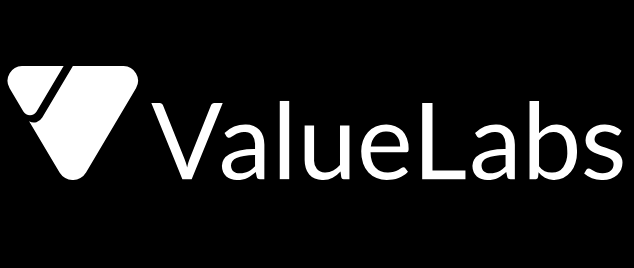Description
Skills Required:
Kubernetes and Container Orchestration: • Deploy, manage, optimize, and troubleshoot large-scale Kubernetes clusters in multi-cloud (AWS, GCP) and hybrid environments (OpenStack, VMware vSphere). • Implement GitOps workflows using ArgoCD for declarative Kubernetes deployments and continuous synchronization. • Secure container runtime with pod security admission controls, network policies, and CIS benchmark enforcement. • Implement cluster autoscaling and resource management strategies with tools such as Karpenter. Cloud and Hybrid Infrastructure Management: • Architect, implement, and manage infrastructure in multi-cloud (AWS, GCP) and hybrid environments following security-by-design principles. • Implement cloud security posture management (CSPM) using AWS Security Hub and GCP Security Command Center. • Optimize cloud resource usage leveraging AWS Cost Explorer, Savings Plans, and similar tools on other cloud providers. Monitoring, Observability, and Reliability: • Develop and maintain comprehensive monitoring, logging, tracing, and alerting solutions using Prometheus, Grafana, CloudWatch, Datadog, or similar tools. • Implement runtime security monitoring using Falco and AWS GuardDuty for anomaly detection. • Conduct root cause analysis (RCA) and implement proactive improvements to maximize system uptime, reliability, and performance. CI/CD Pipelines and Automation: • Design, implement, and maintain robust CI/CD pipelines using ArgoCD, Jenkins, GitLab CI/CD, GitHub Actions, or Tekton. • Integrate security scanning (SAST/DAST) and artifact signing (cosign/sigstore) into deployment workflows. • Promote and implement DevSecOps best practices across teams to automate testing, security scanning, and deployments. Security, Compliance, and Governance: • Implement infrastructure entitlement management through automated IAM policy reviews and least-privilege enforcement. • Manage secrets securely using Vault, AWS Secrets Manager, or similar tools with automated rotation policies. • Ensure adherence to compliance standards (SOC2, FedRAMP) and regulatory requirements through policy-as-code (OPA/Rego). Cost Optimization and Efficiency: • Implement and enforce governance policies and frameworks to optimize infrastructure usage, reduce costs, and enhance operational efficiency. • Regularly review and optimize cloud expenditure, performance, and scaling strategies. Collaboration and Communication: • Collaborate closely with architects, developers, QA, product teams, and management stakeholders. • Clearly communicate complex infrastructure concepts and strategies to diverse stakeholders.
Key Skills
Education
Any Graduate
- Posted On: 3 days Ago
- Experience: 5+ years of experience
- Openings: 2
- Category: Devops Architect
- Tenure: Flexible Position

